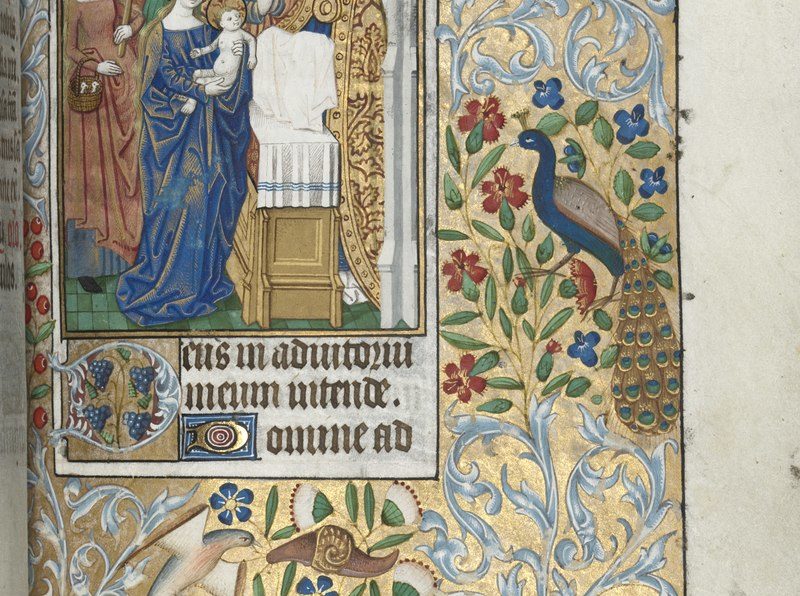
On Kiser, Lisa. “Margery Kempe and the Animalization of Christ: Animal Cruelty in Late Medieval England.” Studies in Philology 106 (2009): 299-315
Kiser examines Christian devotional works and treatises in middle English in concert with Margery’s Book, which “appear as allegories” to show the “suffering of any kind, Christ’s included” (301); she also examines this in relation to medieval English drama (306). Narratives of Christ’s animalization and suffering created meaning/significance for animals’ suffering. The suffering of Christ, the foremost of humans, combined with Christ’s presentation as an animal, makes the examination of animal suffering viable/important, so that for Margery, animal torture spurs emotional reaction and moral disapproval. In this way, Margery’s Book, Kiser argues, is a “rare and important witness to late medieval English thinking about animal/human relations (315). Christ’s silence links him to animals; voice and voicelessness, then, continues to point to the human/animal distinction, voice/voicelessness being a productive field in which to deconstruct the human/animal boundary, which each of these critical animal studies texts are interested in showing.

